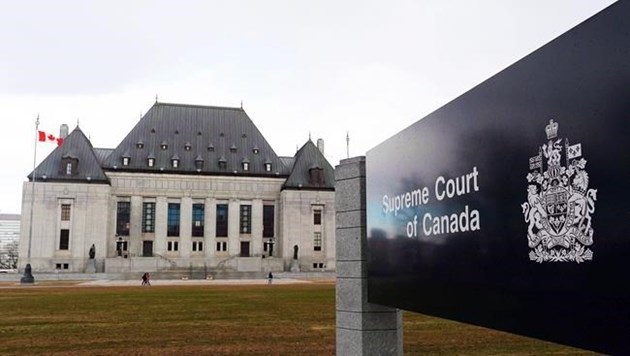OTTAWA – The Supreme Court of Canada (SCC) will review a landmark case from Saskatchewan that could shape the Good Samaritan Act.
On Thursday, the SCC – Canada’s highest court – granted the Crown’s leave to appeal Saskatchewan Court of Appeal’s September 2023 decision to overturn Paul Eric Wilson’s eight-year prison sentence. The Sask. Court of Appeal had tossed his conviction from Saskatoon Provincial Court due to the Good Samaritan Drug Overdose Act.
The Act, which was passed by Parliament in 2017, stipulates that no one seeking emergency medical or law enforcement help because that person, or another person, is suffering from a medical emergency, can be charged or convicted of a criminal offence when they remained at the scene to help.
This is exactly what Wilson did on Sept. 10, 2020. He had remained at the scene after his friend overdosed on fentanyl, called 911 for help, but ended up being arrested, charged, and ultimately sentenced to eight years in prison.
Wilson’s friend had overdosed on fentanyl while she, and two others, and Wilson, were driving in a truck in Vanscoy, according to court documents.
They called 911 to report the overdose and get her medical help. An RCMP officer from the Warman detachment was dispatched to the scene.
The constable observed what she believed to be crystal meth at the scene and smelled the odour of marijuana coming from the truck. EMS were also at the scene. They were detained and arrested for a drug investigation. The woman who had overdosed was arrested in the ambulance.
Police searched the truck and found a backpack that contained modified handguns, firearm parts, and ammunition. In other bags they found scales, baggies and needles. The three were arrested a second time for drug trafficking and firearms offences and taken to police cells in Saskatoon. The woman wasn’t rearrested because she was in the ambulance en route to the hospital. The truck was secured and towed to a police compound.
Wilson was charged with possession of identity documents, fraudulent impersonation, several firearms offences, and breaching a firearms prohibition order. He wasn’t charged with possession of a controlled substance. He was ultimately convicted of firearms-related offences and sentenced to eight years in prison.
The John Howard Society of Saskatchewan was an intervenor in Wilson's case. They said the outcome of this case will affect what it will need to tell its clients about the efffectiveness of the Good Samaritan Act. It emphasized that it will always tell users of drugs that if they find themselves in a situation like the woman with Wilson who had overdosed, they should call 911.
The John Howard Society told the court that it must advise users that, although they have a right not to be arrested for simple possession, evidence found in violation of that right can be used against them, and this will deter calls to 911 from being made.
— for more from Crime, Cops and Court.




